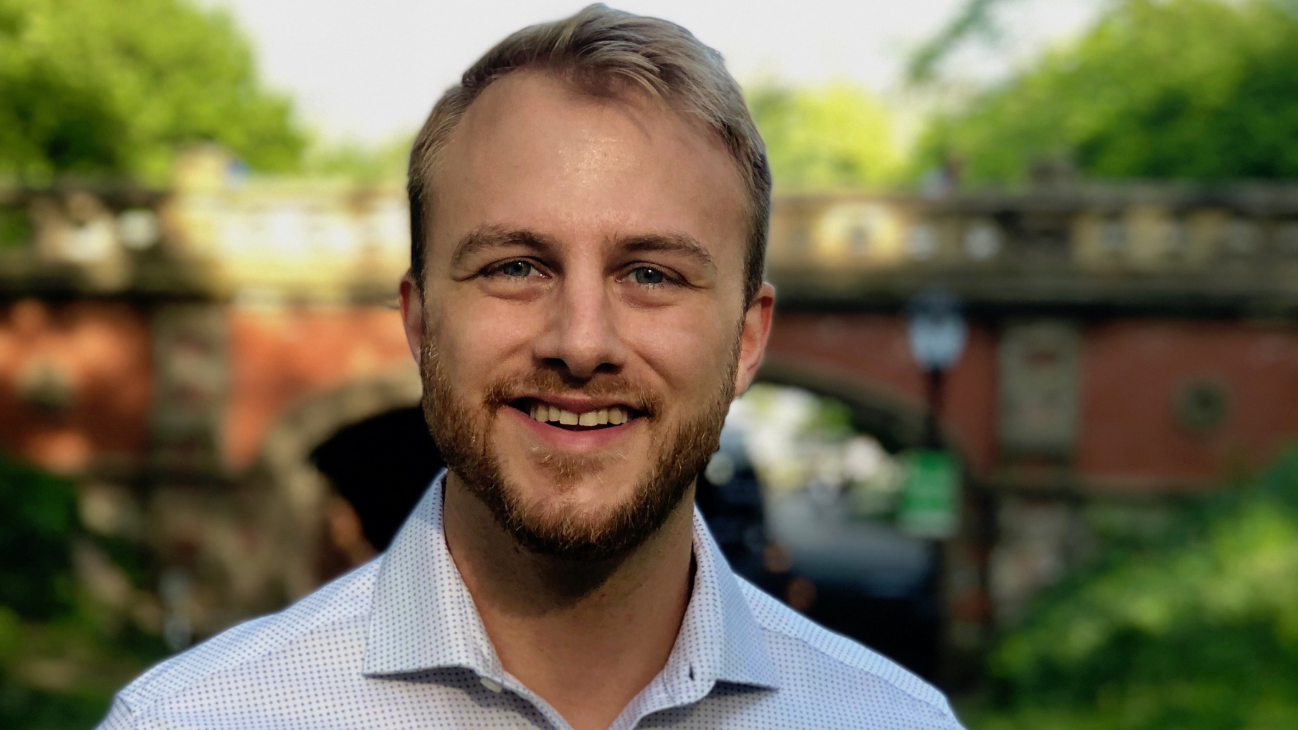Both the curse and joy of modern life is the smartphone. We’re all somewhat aware of the research behind its effect on our mental health, but we’re all very aware of the necessary role it plays in our lives today.
Unhappy with his (and modern day’s) relationship with the smartphone, productivity and performance expert Chris Bailey undertook a smartphone fast and fired up his old friend (and now 21st century relic), the flip phone.
This fast only lasted one month before the inconvenience and list of minor annoyances got too long to ignore, but Chris walked away with valuable reflections and lessons to help him (and us) build more positive and healthy relationships with this necessity of modern life.
Below is a condensed version of Chris’ top five lessons learned from his month-long smartphone hiatus.
5. The more screen time you get, the worse your mental health.
Three separate research studies have found that:
- For kids and adults, the more screen time you get, the worse your “dietary behaviours, sleep, mental health, physical health, and eye health.”
- For adults, our amount of screen time predicts depressive symptoms.
- For kids, higher screen time usage is associated with depression, obesity, calories consumed, a less healthy diet, and an overall reported lower quality of life.
This doesn’t mean the smartphone is always bad, but at the end of the day, the correlation stands: the more screen time you get, the worse your mental health, creating the conundrum of modern life.
4. If you don’t like your phone, reflect on exactly what you’re unhappy with.
Here’s a thought experiment for you: Imagine your relationship with your smartphone was an actual relationship in your life. Is it a good one? For a lot of us, the answer is probably no.
The modern smartphone provides us with a collection of experiences. Some of them make us happy, some make us depressed, and many are merely a shallow source of mental stimulation.
Stepping back from my smartphone allowed me to discover what was and wasn’t working. I was most unhappy with my phone because it meant I was consistently communicating in a shallow way. So, I reshaped it to work for me — I deleted apps that weren’t serving me and made a more concerted effort to up the level of communication richness in my days.
Our attention is perhaps the most powerful mental resource we have for living deeply and intentionally while also getting things done. For this reason, it’s critical that we see our attention as something we own; something we can deploy with grace, wisdom, and purpose.
Chris Bailey
3. Communication can be far richer (even if getting there takes effort).
Since getting a smartphone, my communication style has become more about speed than richness. Since I can connect with anyone instantly, it felt like my innate need for socialization was being met — even when it wasn’t.
Communicating via smartphones vary from sensory-rich forms like FaceTime to more shallow forms like texting. Getting rid of my smartphone eliminated many of these shallow ways and, as the month progressed, I started craving connection with others in a way that I haven’t in a long time. I quickly began carving out more “in person” time for the people in my life.
At its best, communication is sensory-rich and since starting the experiment, I’ve attempted to do this more. Getting over this social anxiety to make communication richer has made a meaningful difference in my life — the richer the communication has become, the richer my days feel.
2. Mind when you hand off your attention to someone else.
In my book Hyperfocus, I write about how we often hand our attention over to a third party. For example, if you choose to watch a movie, you hand your attention to the movie’s director to guide you through a (hopefully) banger of a blockbuster.
Today, we regularly hand over control of our attention to the phone apps we use. While after seeing a movie, we can feel satisfied, too often time spent on our phone leads us to wanting more. There’s a reason for this. Our experiences in the digital realm are usually very novel and novelty leads to the release of dopamine in our brain, which keeps us wanting more.
Our attention is perhaps the most powerful mental resource we have for living deeply and intentionally while also getting things done. For this reason, it’s critical that we see our attention as something we own; something we can deploy with grace, wisdom, and purpose. Notice when you hand off this incredible faculty of your mind to someone else — especially if you’re doing so for a novelty fix.
1. Deeper happiness is found at lower levels of mental stimulation
Just because something stimulates your mind doesn’t mean it makes you happy. Often the exact opposite is the case.
In my most recent book, How to Calm Your Mind, I write about how everything we pay attention to throughout the day has a different “altitude of stimulation” depending on how novel it is to us. The higher our altitude of stimulation, the less attention we have; the lower our altitude of stimulation, the calmer we feel and the more we can focus.
On the experiment’s first day, I checked in on my flip phone often. Our brains need time to acclimate to lower levels of stimulation and I was restless, missing the hits of novelty. It took about a week to settle downward and have this mental fidgeting give way to calm.
The higher we fly, the less we want to come down to the activities that lead us to become productive, accomplished, and satisfied with how we spend our time. But we need to do this more to find a deeper level of happiness.
Back to Reality
Coming off his month-long smartphone fast, Chris admits that living without a smartphone today is infeasible. But the way we’re living with them today is also infeasible. The key is to find ways to limit their downsides while making how we communicate richer.
“Notice your impulses,” he writes. “Notice when you turn to the empty hits of stimulation. And center how you use your phone around the value the thing brings to your life. I hope you find your days are far richer as a result.”
This article has been condensed from its original version published on Chris Bailey’s blog.
Called “the most productive man you’d ever hope to meet” , Chris Bailey is one of the most-viewed TED speakers of all time. His practical and actionable advice combined with his infectious enthusiasm for the topic transforms how audiences view productivity both at home and work.
Contact us to learn more about Chris and how he’s helping audiences optimize performance for today’s hectic world.




